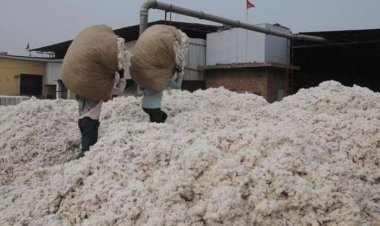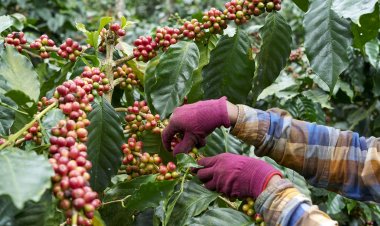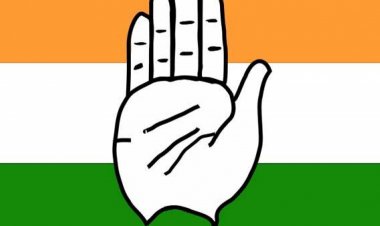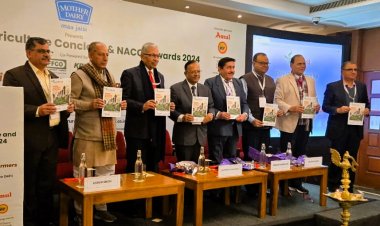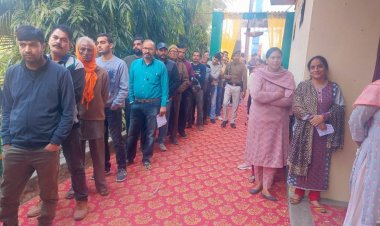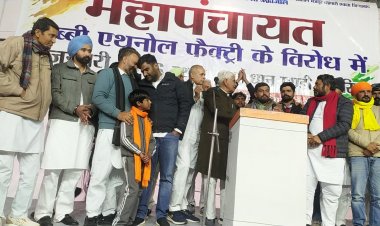It’s high time govt promoted cultivation of GM oilseeds: COOIT
India's dependence on imports, only 10 per cent in 1994-95, has gone up to about 70 per cent. The surge in imports has mainly been on account of low productivity and increasing demand driven by improvement in living standards and growing population.
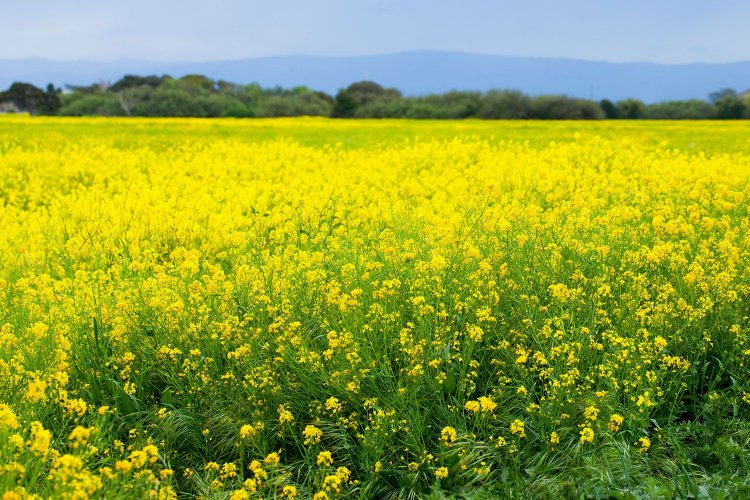
Under the current situation of inadequate availability of edible oilseeds from domestic sources, the Central Organisation for Oil Industry & Trade (COOIT) has suggested that the government should promote the cultivation of Genetically Modified (GM) oilseeds in the country.
This will eventually help the country become atmanirbhar (self-reliant) in this essential food segment. In order to promote oilseeds cultivation, it is imperative that the farmers’ interests are protected for their produce.
India's dependence on imports, which were only 10 per cent in 1994-95, has gone up to about 70 per cent. This surge in imports has mainly been on account of low productivity and increasing demand driven by improvement in living standards and growing population.
The country's annual per capita consumption has shown an increasing trend from 15.8 kg in 2012-13 to current levels of 19-19.5 kg. However, at 1200 kg/hectare, Indian oilseed yields are about half of the world’s average and less than one-third of top producers.
"If indigenous productivity and production do not go up significantly, our dependence on imported oil will increase considerably," cautioned Mr Babu Lal Data, Chairman, COOIT.
However, "Considering the prevailing situation, for immediate relief to consumers, (the) government may consider removing the applicable 5 per cent GST on edible oils,” said Mr Data.
Some of the important issues concerning the oilseeds sector will be discussed at the 41st All India Rabi Seminar on 'Oilseeds, Oil Trade & Industry' to be held on March 20-21, 2021 at Palm Green Hotel and Resorts on GT Karnal Road in Delhi.
The seminar will deliberate on, among other things, oilseed crop production prospects; demand and supply situation; price outlook; foreign trade; government policies; and measures for adequate and equitable supply of edible oils to meet the nutritional requirement at affordable prices to all sections of the people.
Established in 1958, COOIT is engaged in the development and growth of the vegetable oil sector which is crucial to the economy. It is the national apex body representing the interests of the entire vegetable oil sector in the country. Its members include state-level associations, prominent manufacturing/business concerns in industry, trade and export houses etc.



 Join the RuralVoice whatsapp group
Join the RuralVoice whatsapp group


















